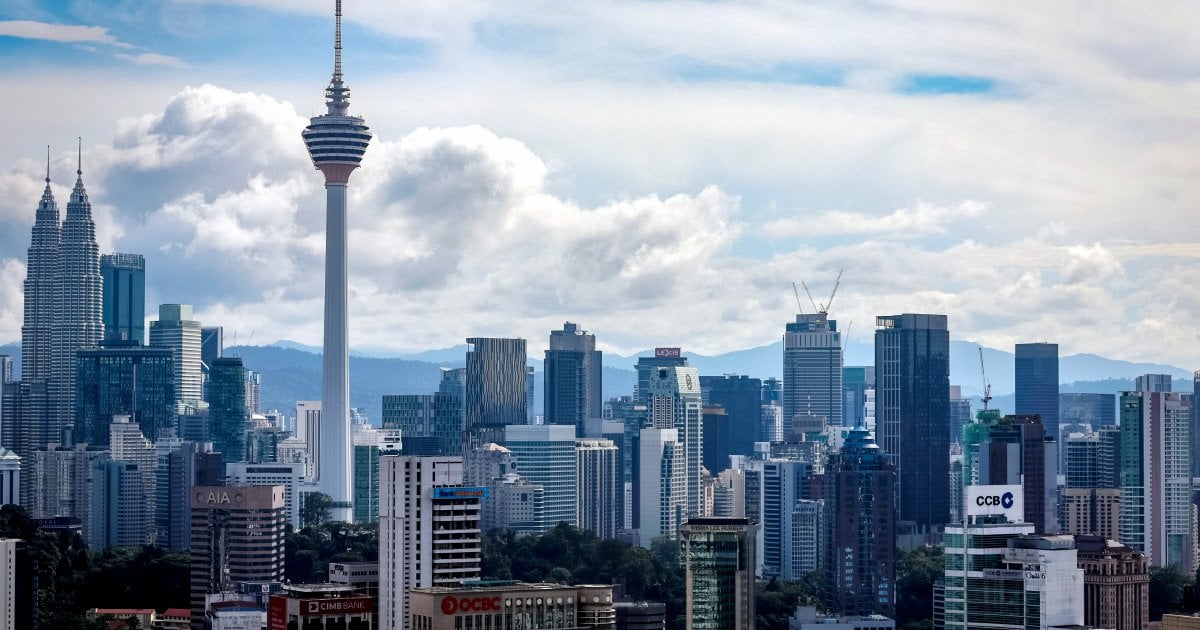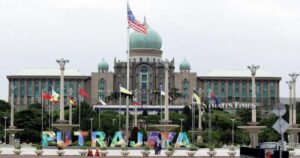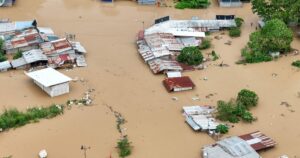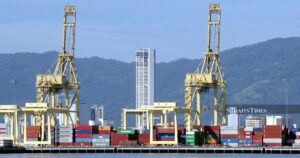KUALA LUMPUR: The long-awaited carbon tax and a new regional framework for trading carbon credits could transform how businesses cut emissions, said Malaysia Carbon Market Association (MCMA) president Dr Renard Siew.
He told Money Matters on TV3 that the planned levy, announced in the 2025 Budget 2025, would target major polluters and push companies to adopt cleaner practices before incurring penalties.
“Carbon pricing is an important tool to accelerate the transition toward net zero,” he said on the weekly business programme aired on Saturday.
“By setting a threshold for emissions and applying a tax if companies exceed it, they will start rethinking their profiles and look seriously at innovations to cut emissions.”
FIRST WAVE OF INDUSTRIES
According to Siew, iron, steel and energy players will be the first to face the tax as they are among the nation’s hardest sectors to decarbonise.
Many are already adjusting operations to meet Europe’s Carbon Border Adjustment Mechanism, which taxes carbon-intensive imports.
“These exporters don’t want to be caught paying levies in the European Union on top of domestic charges,” Siew noted.
He said a phased rollout was crucial to give smaller firms time to prepare, noting that small and medium enterprises (SMEs) need clear guidance on emissions accounting, as well as when and at what price to purchase credits.
CARBON CREDITS AND INTEGRITY
In a bid to bolster the country’s green market, Siew said carbon credits must complement rather than replace genuine emission cuts.
“There’s a hierarchy: reduce emissions first, then remove carbon through technologies like carbon capture and only after that compensate by buying credible credits,” he said.
To help companies access high-quality offsets, Siew recommended using the Bursa Carbon Exchange, which auctions verified credits.
He also called for tighter oversight to avoid “greenwashing”, citing standards set by the Integrity Council for Voluntary Carbon Markets, a multi-stakeholder led independent governance body.
SUPPORT FOR SMEs and WORKERS
Moving forward, Siew urged more grants and incentives for smaller companies adopting low-carbon technologies, as well as stronger links between research bodies and industry.
“SMEs are the backbone of the economy, making up 70 per cent of businesses. They must not be left out of the transition,” he said.
He also called for a “just transition” for workers in fossil-fuel sectors, stressing the need for training and support to prevent job losses as the economy shifts toward renewables.
© New Straits Times Press (M) Bhd






